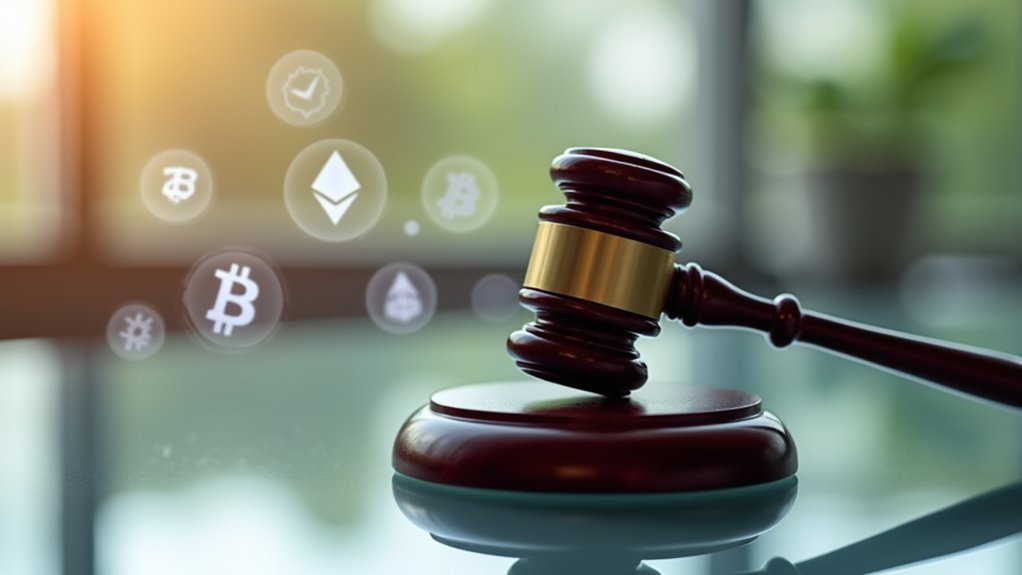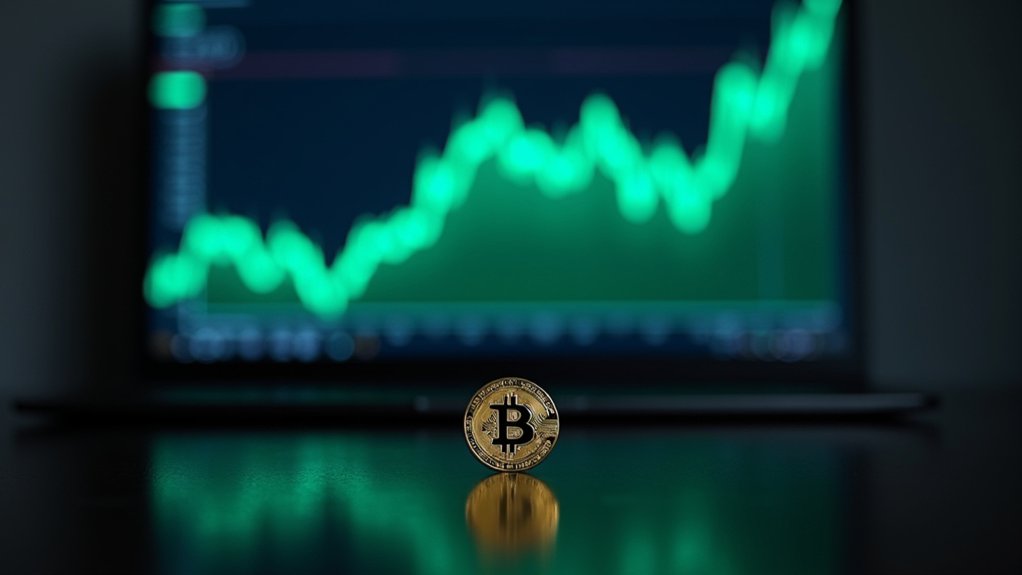In a development that will surely be hailed by some as a vindication and decried by others as a convenient whitewash, Argentina’s Anti-Corruption Office has officially exonerated President Javier Milei from any ethical wrongdoing in his promotion of the ill-fated Libra cryptocurrency—an endorsement that precipitated a catastrophic market collapse and left investors nursing staggering losses, while conveniently positioning Milei’s actions firmly within the “private sphere,” consequently sidestepping any accountability for the devastating fallout his public influence undeniably exacerbated. The investigation’s narrow framing, emphasizing the absence of state resources or direct office misuse, deftly skirts the elephant in the room: a sitting president wielding substantial public clout to inflate a volatile asset, only to watch it implode, dragging countless investors down. This maneuver, cloaked in the guise of personal activity on social media, exposes glaring deficiencies in Argentina’s approach to cryptocurrency regulation, revealing a regulatory framework ill-equipped to enforce political accountability where public interest and private ventures dangerously intertwine. The Libra token, which had surged to a 2 billion market cap following Milei’s endorsement, subsequently crashed by over 90%, wiping out much of its value. Despite his administrative absolution, critics continue to highlight Milei’s mixed economic record, noting that his fiscal discipline has been accompanied by rising social inequalities. Such incidents highlight the challenges posed by decentralized peer-to-peer networks in regulating influential endorsements in the crypto space.
The decision tacitly endorses a troubling precedent—political figures may now freely endorse unregulated financial products under the protective umbrella of “privacy,” effectively immunizing themselves from repercussions even when their endorsements catalyze market chaos. Meanwhile, investor outrage simmers, fueled by a profound sense of betrayal and the palpable erosion of trust in both Milei and the broader financial ecosystem. As calls for impeachment echo through political corridors, the broader discourse on cryptocurrency regulation in Argentina demands urgent recalibration, lest the line between private enthusiasm and public responsibility remain perpetually blurred. With the U.S. intensifying its scrutiny and judicial probes lingering, this saga underscores the dire necessity for transparent, robust oversight mechanisms that hold powerful individuals accountable—not just in theory, but in the unforgiving court of public and legal opinion.









